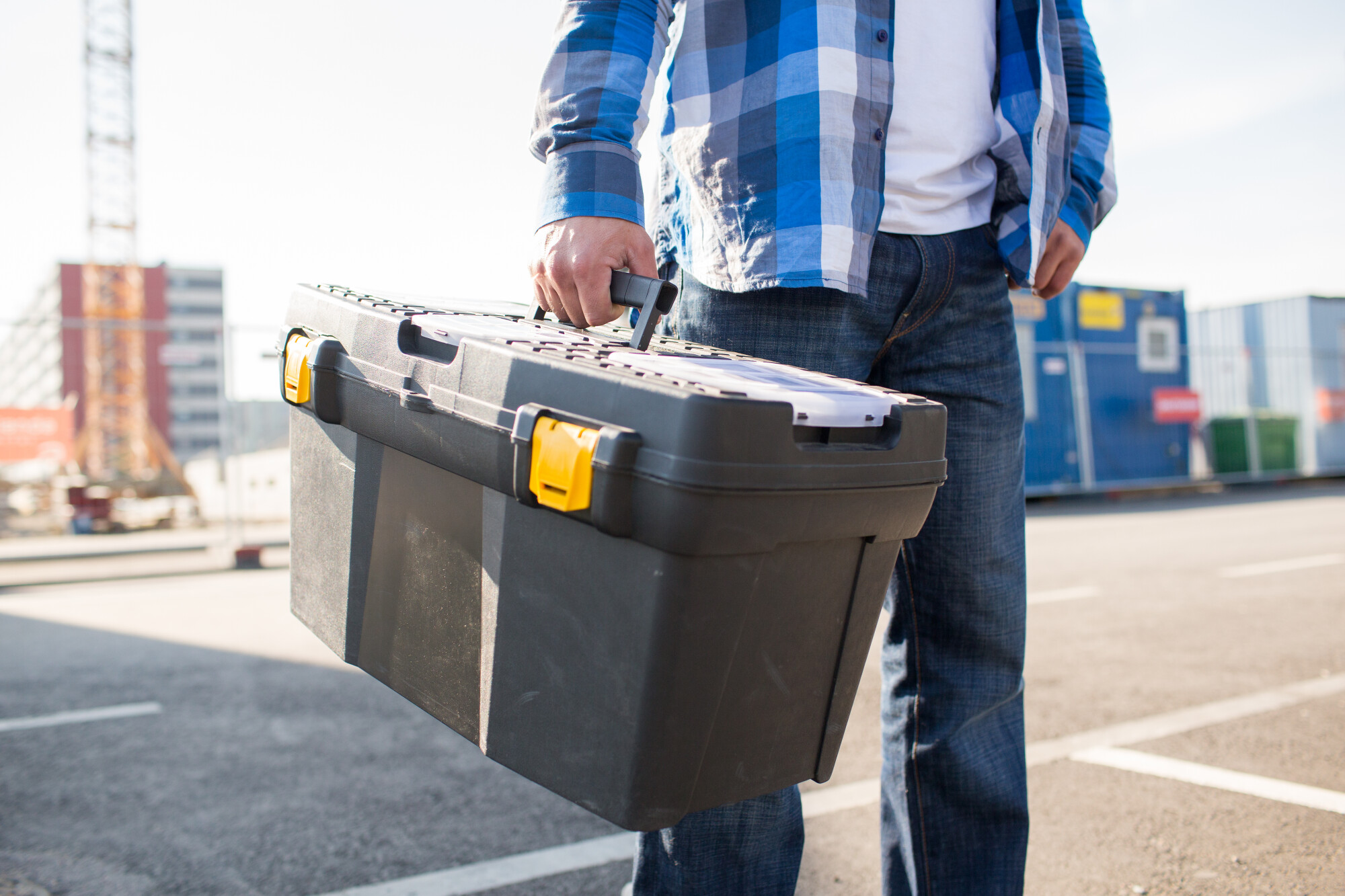Imagine this - you're in Michigan, where winters get intense, and people are piling into offices. You'll need a functional HVAC system for your workers.
However, you've allowed maintenance and repairs on the unit to go lacking. You fix the unit, but maintenance for commercial HVAC is pricey and hard to calculate. As a result, you end up with unexpected fees.
General maintenance and repair is a large part of your responsibilities as an owner. But what does this entail, and why is it important?
Keep reading to learn more about maintenance and repair work within commercial property management.
Why Do You Need Maintenance and Repairs?
In the HVAC example earlier, you hadn't kept up with maintenance and had to spend extra money. Those unexpected fees are problematic because they increase overhead costs.
The higher your overhead costs, the less money you have for business operations. Maintenance is most effective when scheduled and planned. This is because you've accommodated for upkeep and the associated fees.
Upkeep is also vital to preserve tenant relations. People don't want to work or conduct business in a poorly maintained establishment.
Poor maintenance can even lead to harm or death. You can be liable for injuries suffered if it's discovered you neglected property upkeep.
Preventative Maintenance: Some Helpful Advice
Preventative maintenance is regular care and upkeep of commercial assets through scheduled cleaning, inspection, and part replacement. Maintaining a property can be difficult, so we've made a quick guide on what to do.
Create A Budget
Budgeting is what makes commercial upkeep so successful. Understand where your money goes and set aside funds for the repairs and maintenance you perform regularly. It may also help to create an emergency repair fund.
Inspect Maintenance and Safety Equipment
Inspect your maintenance equipment for damages or wear and tear. Cleaning supplies and safety gear should be in stock and in good condition. Degraded maintenance or safety gear is ineffective and dangerous.
It's also imperative to perform safety checks. Make sure the alarms, emergency exits, and lights function. Replace safety equipment that isn't working.
Manage High-Traffic Areas
Check and manage high-traffic areas. Lobbies and break rooms are the most noticeable and prone to more damage.
For example, carpet and flooring become dirty due to foot traffic. Wall paint may dull and get dingy over time. Take the time to clean your floors and carpet, and repaint the walls.
Work With Professional Contractors
HVAC system malfunctions and mold remediation are good examples of what not to DIY. You likely don't have the skills for HVAC repair or mold removal.
Dangerous work like heating and cooling repair or mold remediation should be left to people with proper safety training and experience.
Make Commercial Property Management Less Stressful
Maintenance and repairs are a routine part of commercial property management. However, even simple tasks can become stressful and time-consuming.
Contact us at PMI Mid Michigan to inquire about our property management tools and services. Work with us to bring out the best in your property!


